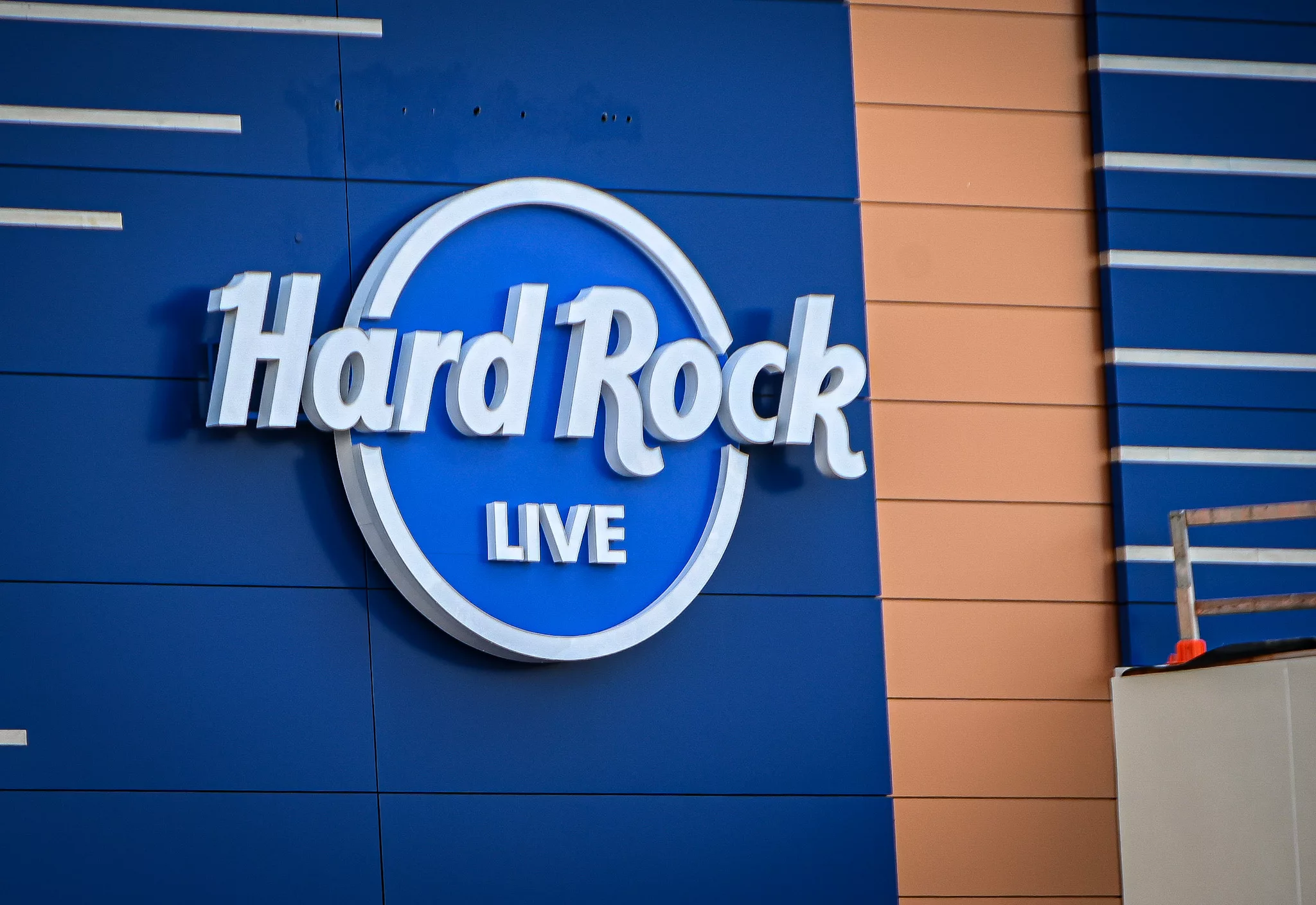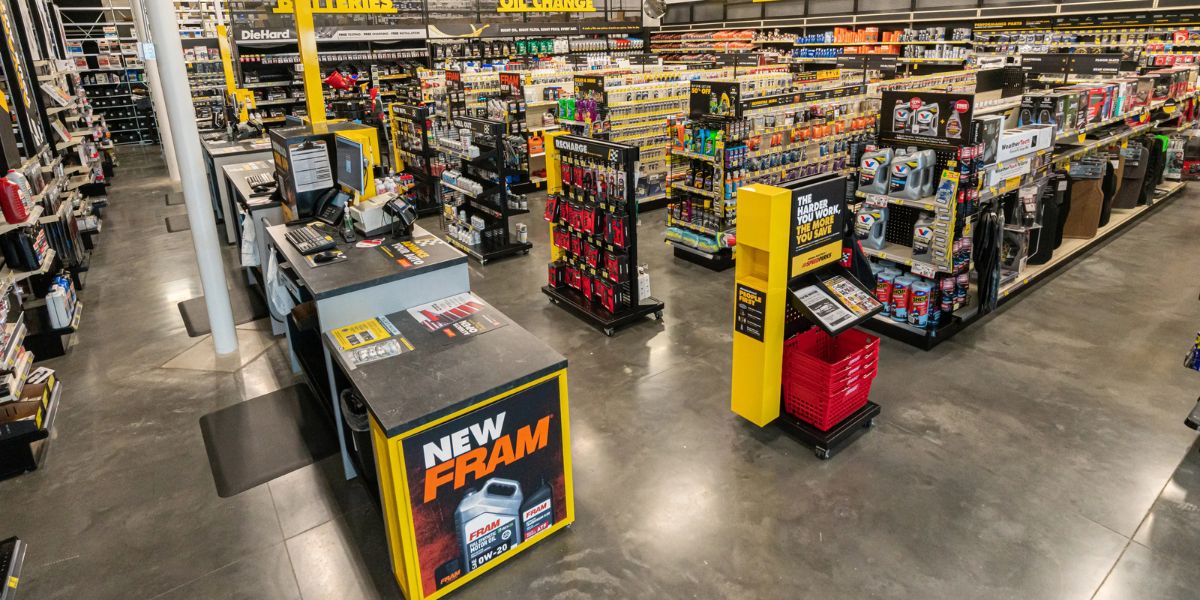Rockford city officials are deliberating on the implementation of an amusement tax on tickets sold for concerts and events at the upcoming Hard Rock Live entertainment venue. Scheduled to open alongside the Hard Rock Casino on August 29, the proposed tax aims to maintain parity between venues and contribute to the city’s redevelopment fund.
Under the proposal, tickets for shows at Hard Rock Live would be subject to a 5% tax, while tickets for sporting events would face a 3% tax, adhering to state regulations. This initiative seeks to align Hard Rock’s new 2,000-capacity venue with existing local venues like the Coronado Performing Arts Center and BMO Center, which already contribute to city redevelopment through similar taxes.
City Council members are set to vote on the proposal, which could significantly bolster the city’s redevelopment fund. Alderman Frank Beach emphasized the necessity of additional funding for ongoing projects like the recent renovations of Millenium Fountain and enhancements to Davis Park and cultural initiatives supported by the fund.
The decision to impose the amusement tax has sparked debate among officials. While supporters argue for financial equity among entertainment venues in Rockford, opponents, including Alderman Tim Durkee, raise concerns about imposing additional financial burdens on Hard Rock patrons. Durkee highlighted the contrasting financial structures of private enterprises like Hard Rock, which pays property and other taxes, versus publicly supported venues like BMO and Coronado, which benefit from government subsidies and tax exemptions.
City Administrator Todd Cagnoni clarified that discussions on this tax date back several years, arising during negotiations over Rockford’s agreement with Hard Rock. The goal then, as now, is to ensure fairness in taxation across entertainment venues in the city.
Alderman Mark Bonne stressed the importance of maintaining competitiveness for venues like BMO and Coronado, citing their role as anchors for downtown redevelopment. Despite differing opinions, the overarching goal remains to sustain economic vitality and cultural vibrancy in Rockford.
Also Read:
- Multiple Victims Injured in Rockford Apartment Shooting Incident
- Rockford Man Arrested for Hiding Cannabis in Pants, Faces Charges
In conclusion, as Rockford prepares for the opening of Hard Rock’s new entertainment hub, decisions about taxes on tickets sold there underscore broader efforts to balance economic development with fair taxation policies across the city’s entertainment landscape. The outcome of the upcoming City Council vote will shape the financial landscape for Rockford’s cultural and redevelopment initiatives moving forward.





